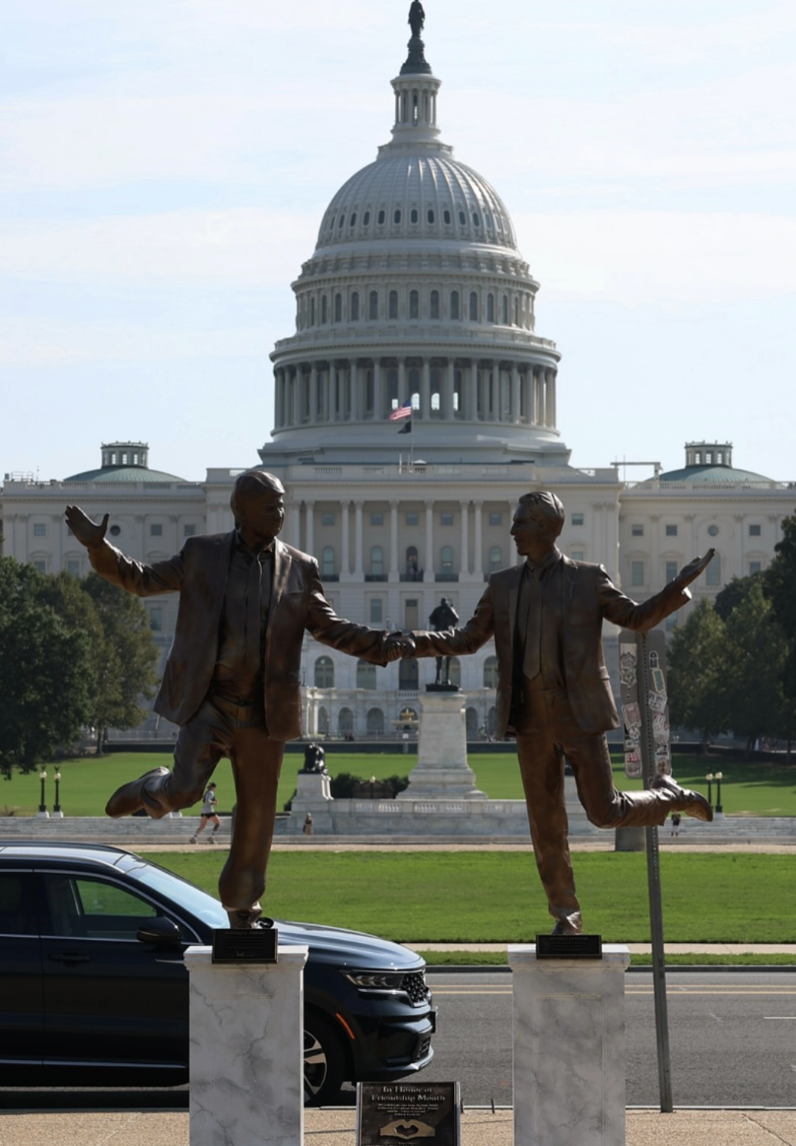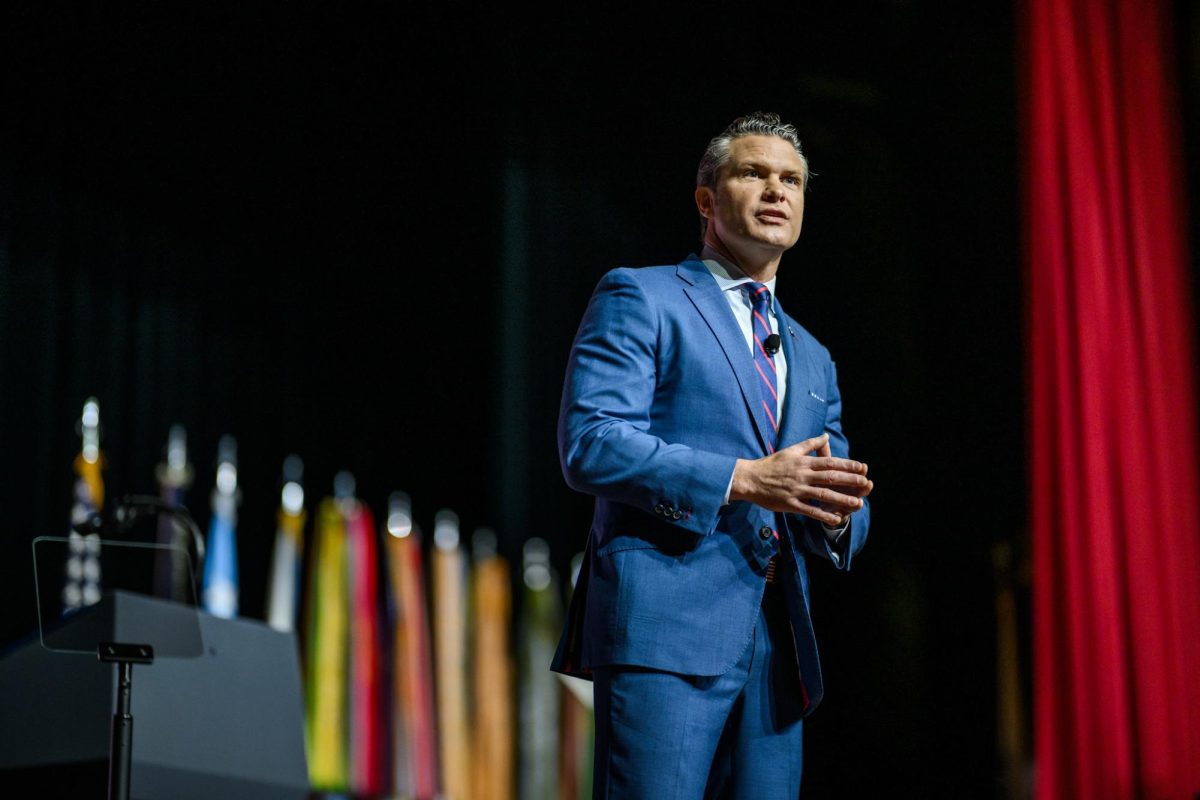Every year on April 22, the world gathers to celebrate its one universal commonality: our residence on Earth. Earth Day is crucial for raising awareness of environmental challenges, trying to find solutions for these obstacles and reflecting on how one can be more grateful towards planet Earth. Earth Day is celebrated everywhere on Earth, but specifically in the United States of America, Canada and India. By acknowledging the green day, governments, people and communities are inspired to take action against climate change and nurture planet Earth.
On April 22, 1970, Senator Gaylord Nelson of Wisconsin created Earth Day with the agenda of raising awareness of climate change and anthropogenic actions that threatened the planet. Nelson was prompted to make this day after witnessing a large oil spill off the coast of California the year prior, and the detrimental effects that followed. 20 million Americans joined Nelson’s efforts to support the Earth by attending inaugural events to raise awareness. After the booming success of the world’s first Earth Day, the day became annually acknowledged and celebrated by 193 countries worldwide.
Celebrating Earth Day essentially means showing care for our planet in a myriad of ways: One can take a walk in nature while appreciating the environment; One can plant trees or a garden with plants and flowers to honor the natural landscape of Earth; One can support eco-friendly businesses by going out and buying green products; One can go car-free for the day and simply bike or walk around to limit greenhouse gas emissions; Or, one can organize or attend an environmental class/event to raise awareness and educate others on how to live more green in the future.
The thirteenth Administrator of the Environmental Protection Agency from 2013 to 2017, Regina McCarthy said, “It [Earth Day] wasn’t so much about demanding national action. It was about demanding that individuals get engaged [and] that would then push national action.” McCarthy explained the ulterior motive behind Earth Day. When discussing the effects of Earth Day on the climate and the economy, McCarthy noted, “Really, it all began with Earth Day, and the ability to have a grassroots movement that demanded that we keep people safe while we continue to grow the economy.” McCarthy expanded on Earth Day being a genesis of significant environmental change and economic growth.
According to the Environmental Protection Agency, emissions of the six common air pollutants (ozone, particulate matter, carbon dioxide, lead, sulfur dioxide and nitrogen dioxide) have declined by 74% from 1990 to 2017; since 20 years after the first Earth Day, air pollution has significantly improved due to the increase, globally, of raising awareness for environmental injustices and climate change.
As well as being a day to enjoy green and blue treats, or a couple extra hours of sunshine, Earth Day is meant to unify all humans and help cherish the fascinating and spectacular planet Earth that we are lucky enough to call our home.









































